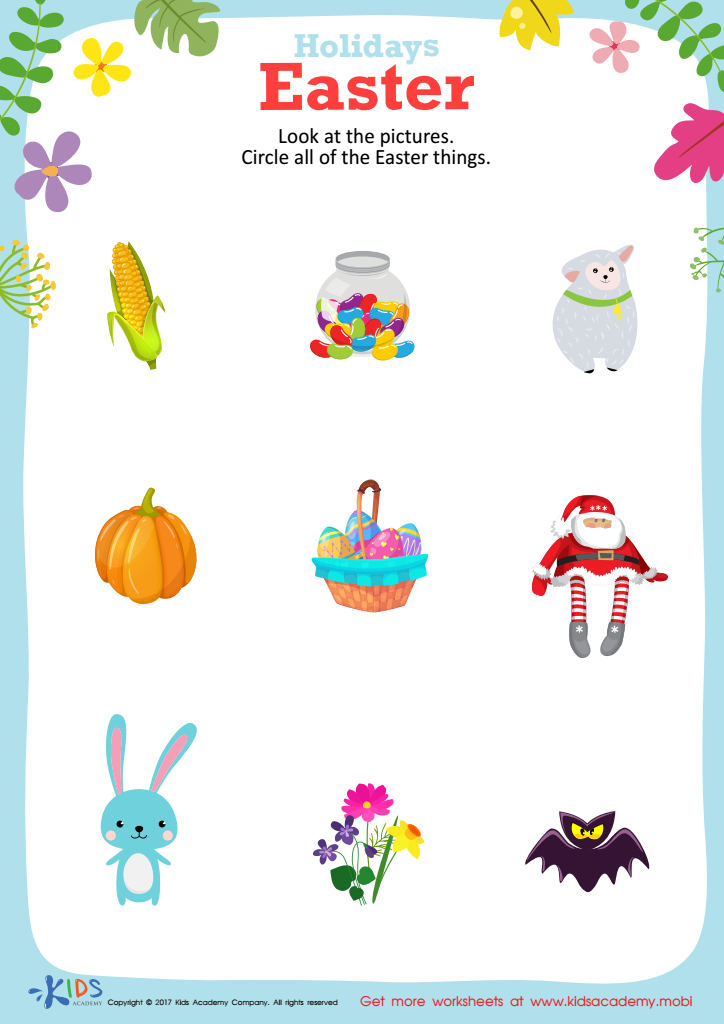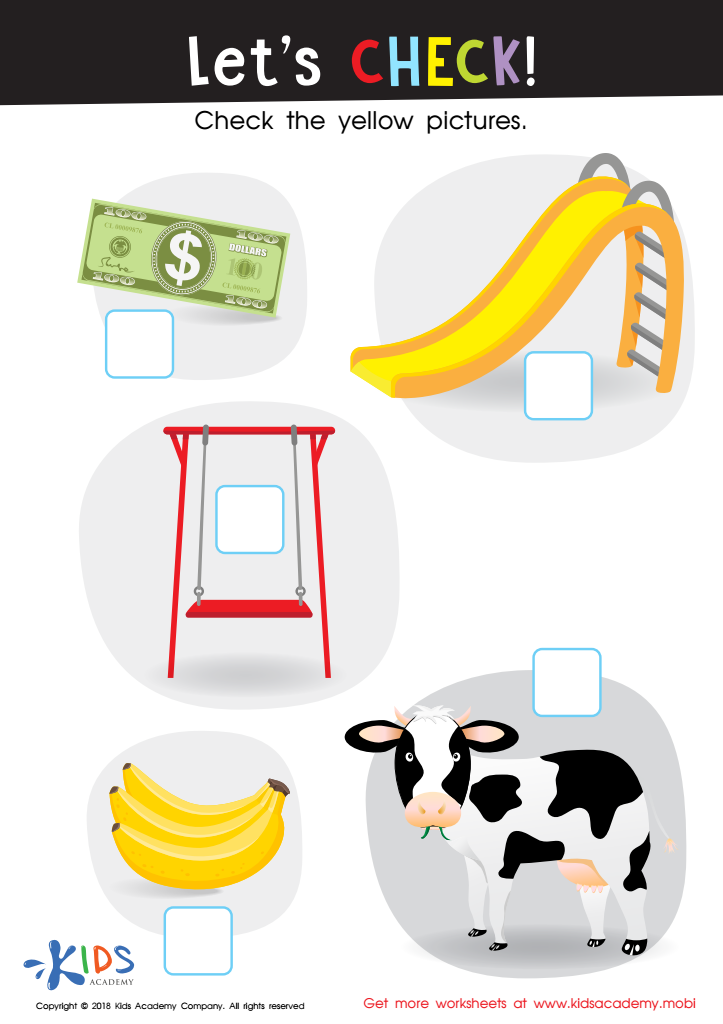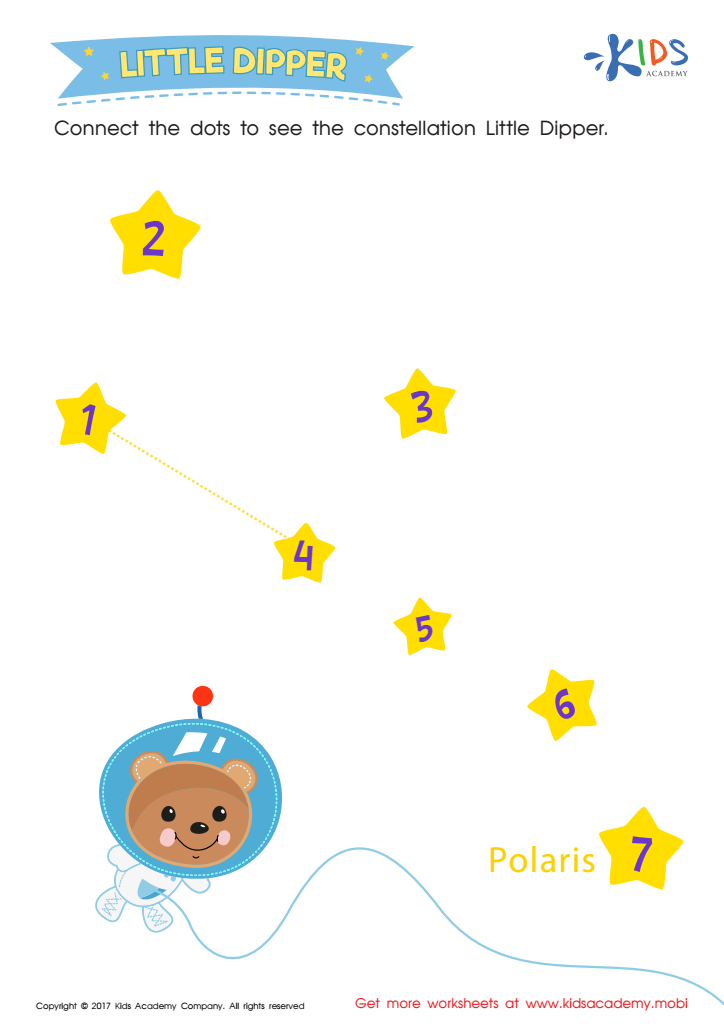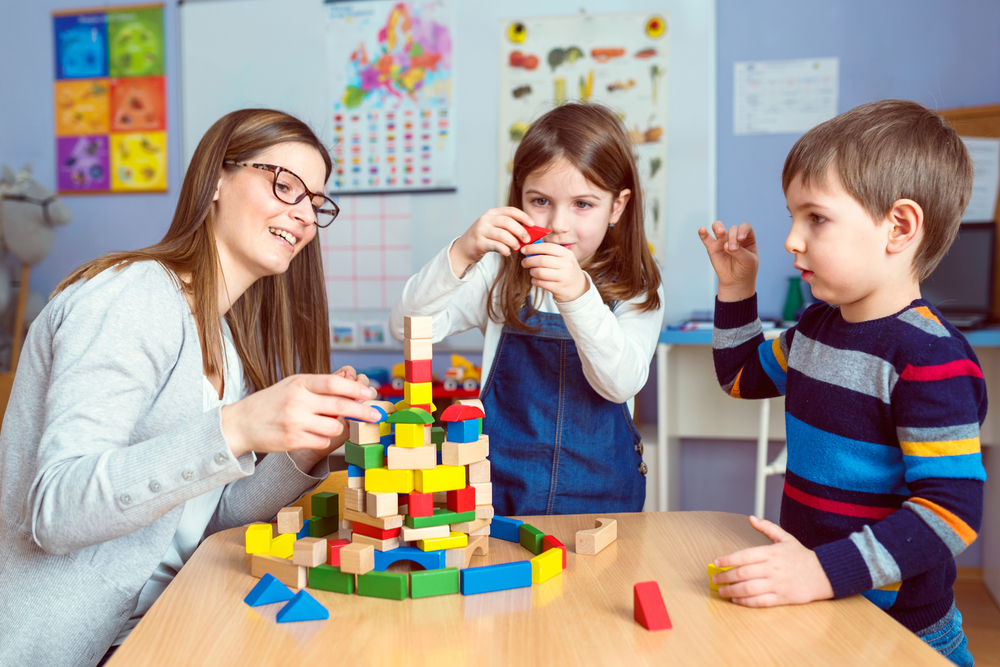Counting practice World Around Us Worksheets for Ages 4-5
3 filtered results
-
From - To
Introduce your little learners to the exciting world of numbers with Counting Practice World Around Us Worksheets for Ages 4-5! These fun and educational printables are designed to help children develop essential counting skills by exploring nature, animals, and everyday objects. Engaging images and interactive exercises will inspire curiosity and make learning to count a delightful adventure. Ideal for preschoolers and kindergarteners, our worksheets promote focus, attention to detail, and a strong mathematical foundation. Start your child's counting journey today with our captivating and effective resources, crafted to bring joy and proficiency in early numeracy!


Easter Holiday Printable


Let's Check! Worksheet
Counting practice for children aged 4-5 is essential because it lays the foundation for early mathematical understanding, which is crucial for cognitive development. Engaging young children in counting activities helps them develop number sense — the ability to recognize, relate, and manipulate numbers. When parents and teachers incorporate counting into everyday scenarios, such as counting fruits at the grocery store or steps while climbing stairs, children begin to see math as a part of their daily lives, making learning more relatable and fun.
At this developmental stage, children are highly receptive to new concepts and experiences. Practicing counting enhances their memory, attention span, and problem-solving skills. It also promotes logical thinking, as they learn to understand order and sequence. These skills are not only vital for future mathematical learning but also form the basis for various cognitive abilities.
Moreover, counting the world around us also supports language development. Vocabulary like "more," "less," "equal," and "altogether" becomes meaningful through practical use, enhancing comprehension and communication skills.
Parents and teachers should care because counting is more than just numbers; it's an engaging, practical pathway to critical life skills that foster both academic success and everyday competence. By integrating counting practice into playful and routine activities, adults can significantly influence a child's early love for learning.
 Assign to My Students
Assign to My Students





















